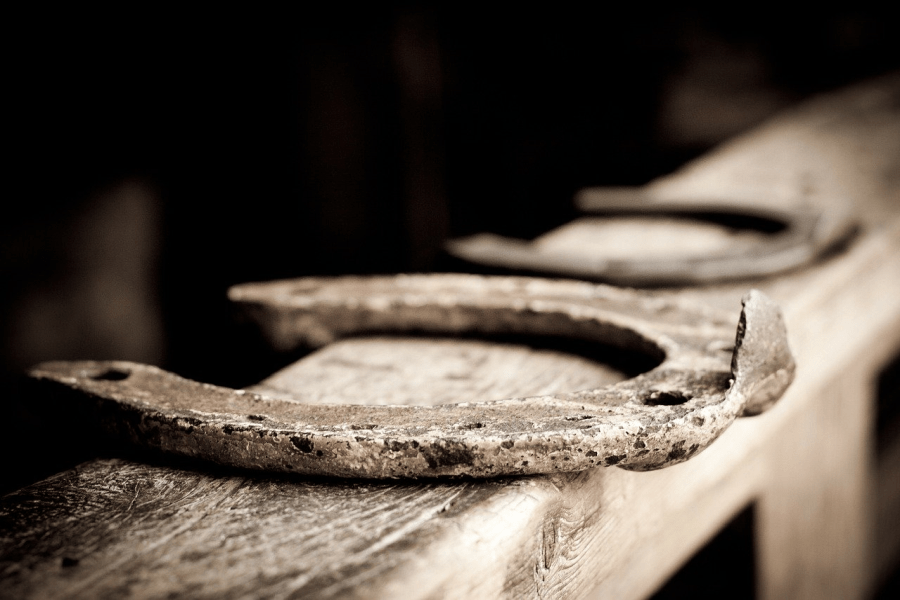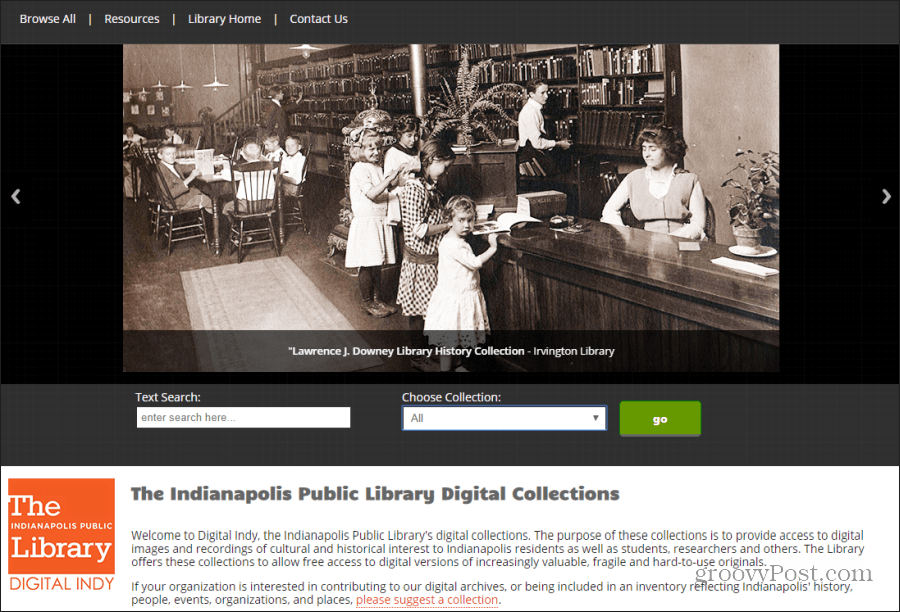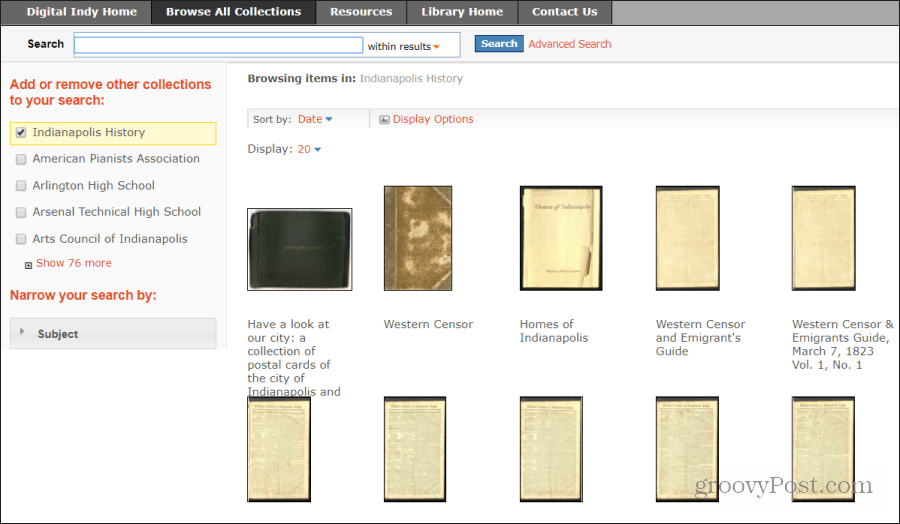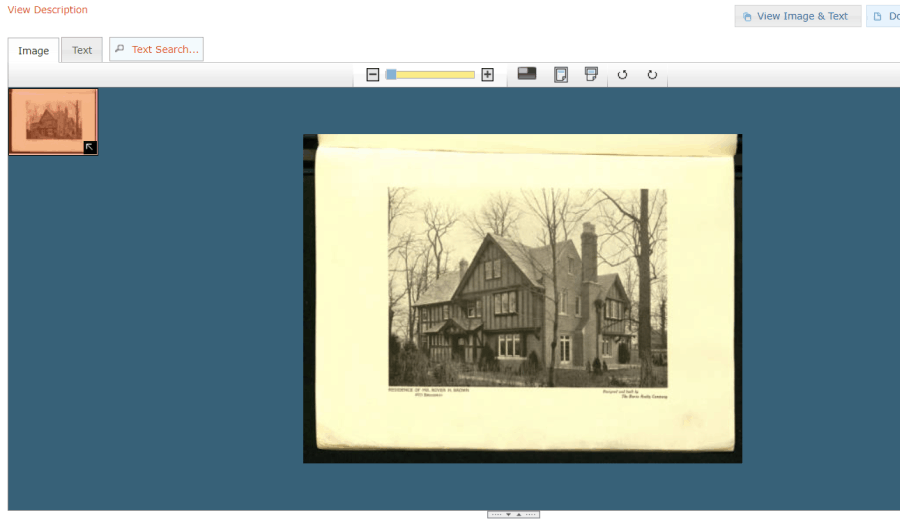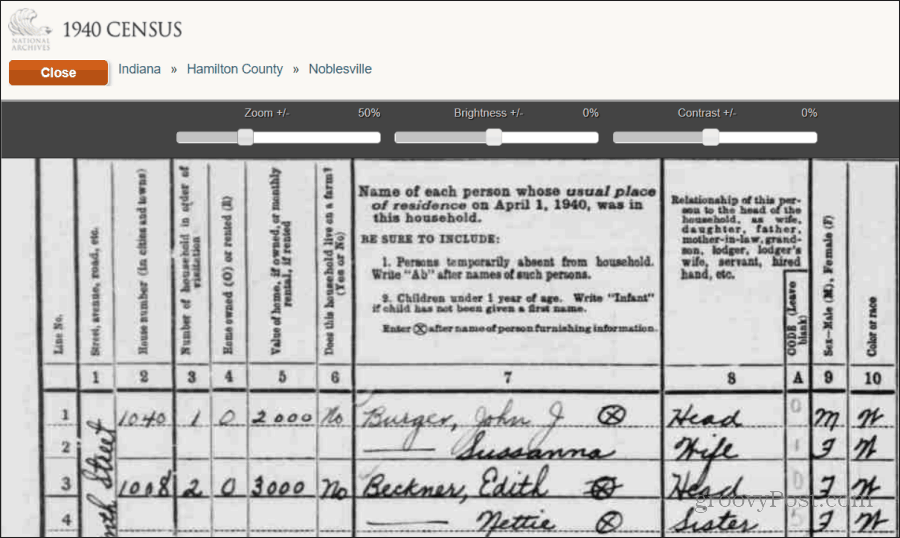Genealogy involves studying a line of descent starting from you and tracing back through all of your ancestors. An important part of genealogical research involves the history of homes and the families who lived there.
How to Find the History Of My House
The process of researching the history of any home involves digging through public records for information about the property. Some of these records include census records and property records. Typically, the records you need reside in the archives of your local library or town hall. Thankfully, more municipalities are converting paper records to digital ones that you can search on the internet. Before you research your house’s history outside of the home, it’s smarter to start inside the home. You can begin your house history research by following these steps.
Go Treasure Hunting Inside Your House
If you live in an older home, there are a number of surprising deep inside the crevices of your house where no one ever goes. You could find an old journal from a WWII veteran buried under a pile of antique clothing. Or you might find old branded horseshoes that have been laying on the ground in the corner of the barn where you store your lawnmower.
Examining these objects helps isolate the time and date when they were used. The brand printed on antique objects even helps you pinpoint where those objects came from and who might have used them. The following are a few places you should look to gather information about your home and who lived there.
Items pushed aside in the attic from homeowners who lived there before you.Check the old layers of wallpaper in places like closets. Often the pattern of wallpaper can help you date when past residents applied that layer of wallpaper. Use TinEye or reverse Google Image search to try and match it with vintage wallpaper displayed online.If you’re renovating old floors in your home, keep an eye out for layers of newspaper clippings. Dates on those clippings will tell you when past residents installed the floor. Local newspaper clippings will even give you insight into the history of the community around your home.Search the old barn or shed that came with your home. Old tools and other items were usually branded. The manufacturer of those items could reveal the dates when those residents lived in your home. Old-timers also used to bury money and coins for safekeeping!
Once you’ve sleuthed your home itself (hopefully without destroying your home), you’re ready to make use of all of the information you’ve learned.
Dig Into Your Home’s History at the Library
Almost every library in every community across the world maintains archives of historic books, documents and more to help you with your house history research. These archives are a treasure trove of information that could contain important details about your home. You may not even need to leave your house to access those archives either. In recent years, libraries have been trying to bring historic information like this to the general public by digitally archiving that information. So visit your library’s website and look for a link to anything like “digital archives”.
These archives are usually searchable. These databases are contained in what people call the “deep web.” The information contained within these online databases is not crawlable by Google. So regular web searches would never turn up the information. However, using the search engine on the library website will reveal entire collections of old documents and books that have been digitized. This means you can read through those right from your browser.
An Example of a Digitized Historic Document
For example, the Indianapolis library contains a digitized book called Homes of Indianapolis published by an old realty company that contains lots of amazing images of old homes throughout the city long ago.
Digitized library collections include online viewer tools that allow you to page through these old books just like you were sitting in the library and turning the pages. You can even zoom into the pages to look more closely at images or read the text.
The historic archives at your local library are one of the single best resources to research your house’s history. You’ll find information buried in these archives that you won’t find anywhere else online. This is because information about your house’s history is typically recorded in old documents having to do with the local community and local historical events. There are few, if any, online tools you’ll find on the internet that will reveal quite as much information about your house as the library’s online tools will.
Visit Your Local Library
Of course, if you find the digitized collection lacking in information about your specific house, then a trip to the library itself will be worth your while. While libraries put tremendous effort into digitizing historic records, no all of the information is online. Some of the documents and books you need to access in the actual archives in person. Make sure to mention to the librarian what home you’re doing your research about, so they can point you in the right direction.
Research Your House History Using Online Census Records
Census records are stored in various locations online, depending on the dates you’re looking into. According to the United States Census Bureau, census records are confidential for 72 years. This means that you’ll have a difficult time finding census data about the people who lived in your home for the past 72 years unless you’re a direct heir of the person who lived there. However, you can access information about people who lived in your home beyond 72 years ago. If you live in a home that’s over 72 years old, this information can be very valuable. For census data dated:
1950-2010 census data: You need to submit form BC-600 to the census bureau if you’re an heir.1790-1940 census data: Visit the National Archives and Records Administration website. You can usually also access this information at your local library, free of charge.
However, there are historically significant census data offered by the Census Bureau through their decennial publication.
National Archives 1940s Census
The National Archives census database lets you look up your home’s address by state, city, and county. You can then review the 1940 census data. These are handwritten documents containing all of the street addresses for all home’s in the neighborhood at the time. You’ll find the names of all of the people who lived there, their relationships, ages, and much more.
This information can prove invaluable when digging into your home’s history. Because once you have the names of people who lived there long ago, it provides you with valuable search terms to use at the historic archive for your local library. Many times those names will turn up even more digitized or non-digitized records that reveal even more than you could ever imagine about the people who lived in your home.
Interview Community Elders About Your House’s History
This isn’t exactly a high-tech solution to researching your house’s history, but it’s a good step to take before you turn to technology. Beyond the information you’ve gathered inside your home, by visiting your older neighbors in the community, you can gather much more history than you might think.
Bring along any items and artifacts you’ve found in your home since older folks will often recognize when those items were used and where they came from. It also wouldn’t hurt to bring along some fresh baked goods on your visit. Getting information from older community members is useful, but remember that these neighbors lived in a time when neighbors were friendly and generous. Offering them food will remind them of how things used to be. It’ll serve as a nice way to warm up to a friendly conversation about your home’s history. Some things you can learn from the elderly folks in your community include:
Who lived in your home long ago.What the artifacts are that you’ve found inside your home.Anything unique your home was used for, like a boarding home or a business.What the community around your home was like many years ago before you lived there.Any significant historical events that involved your house and the people who lived there.
Once complete, you’re ready to do a deep dive at your local library and online.
Building the History of Your House
Many people think that researching a home’s history is nearly impossible. However, with the advent of digitized historical records, and gathering enough information about your home and community ahead of time, beginning your house history research is a lot easier today than it ever was. Have you tracked down the history of your house and got your own tips to share? Share them in the comments below.
![]()

